What Types of Copyright Complaints Does Twitter Respond To?
Twitter responds to copyright notifications submitted under the Digital Millennium Copyright Act (“DMCA”). Section 512 of the DMCA outlines the statutory requirements necessary for formally reporting copyright infringement, as well as providing instructions on how an affected party can appeal a removal by submitting a compliant counter-notice.
Twitter will respond to reports of alleged copyright infringement, such as allegations concerning the unauthorized use of a copyrighted image as a profile or header photo, allegations concerning the unauthorized use of a copyrighted video or image uploaded through our media hosting services, or Tweets containing links to allegedly infringing materials. Note that not all unauthorized uses of copyrighted materials are infringements (see our
Fair Use page for more information).
Tip: If you are concerned about the use of your brand or entity’s name, please review Twitter’s
Trademark Policy. If you are concerned about the use of a fictional character, please see our
Parody, Commentary, and Fan Accounts Policy. These are generally not copyright issues.
[paste:font size="4"]
http://copyright.gov, https://lumendatabase.org/, and http://www.eff.org/issues/bloggers/legal/liability/IP, to name a few.
Tip: In general, the photographer and NOT the subject of a photograph is the actual rights holder of the resulting photograph.
[paste:font size="4"] https://support.twitter.com/articles/80586. Or please specify if the alleged infringement is in the header, avatar, etc. A LINK TO A PROFILE PAGE IS INSUFFICIENT FOR TWITTER TO IDENTIFY INFRINGING MATERIALS.
[paste:font size="4"]copyright report. If you are logged in to twitter.com, you can visit the Twitter Help Center directly from your Twitter account by clicking the ‘Help’ link located in the sidebar.
Please be aware that under 17 U.S.C. § 512(f), you may be liable for any damages, including costs and attorneys’ fees incurred by us or our users, if you knowingly materially misrepresent that material or activity is infringing, as was the case in Lenz v. Universal and OPG v. Diebold. If you are unsure whether the material you are reporting is in fact infringing, you may wish to contact an attorney before filing a notification with us.
[paste:font size="4"]Lumen.
[paste:font size="4"]Lumen, where they are posted to a public-facing website (with your personal information removed).























